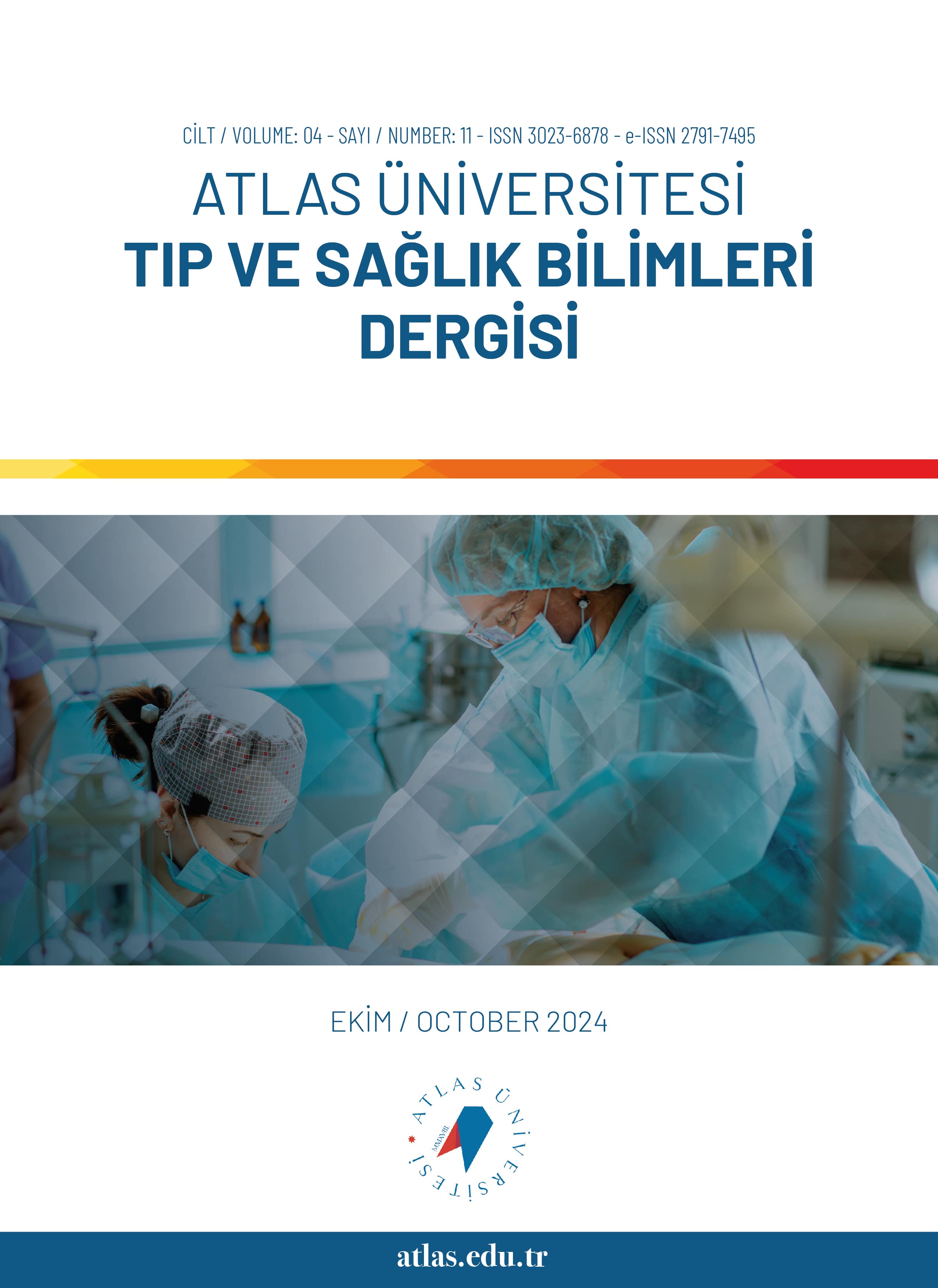Background: In medical practices worldwide, vitamin D testing is widely requested. However, the cost-effectiveness of vitamin D testing is a major concern. Many laboratories are turning to the use of clinical decision support systems (CDSS) to reduce unnecessary demand and thus the cost burden on the system. In this study, we investigated the impact of the implementation of CDSS on costs and changes in test demand before and after rationalisation of test demand. Methods: We analysed testing requests 90 days before (8 December 2018 - 8 March 2019) and 90 days after (9 March 2019 - 9 June 2019) the implementation of the CDSS in the hospital’s software system. This system generates an on-screen warning indicating whether the patient has had a vitamin D test in the last 90 days. It completely blocks test requests from some clinics, except intensive care and inpatients, and allows diagnostic test requests in others. Test requests were analysed using a Microsoft Excel pivot table tool. Test costs were compared before and after implementation of the clinical decision support system. Results: There were 31,066 requests for 25(OH) vitamin D in the first period compared to 18,830 requests for the same analyte in the second period. This resulted in an approximately 39 percent reduction in testing requests (12,236 tests) (p<0.0001). Savings of $37,350 in three months, or an estimated annual savings of approximately $150,000. Conclusions: Incorporating CDSS into the hospital’s software system resulted in a significant reduction in requests for 25(OH) vitamin D testing. The development and use of new clinical software systems in laboratories is important in terms of both resource and human workforce efficiency.
EFFECTS OF USING CLINICAL DECISION SUPPORT TOOLS ON VITAMIN D COST EFFECTIVENESS
10.54270/atljm.2024.64
